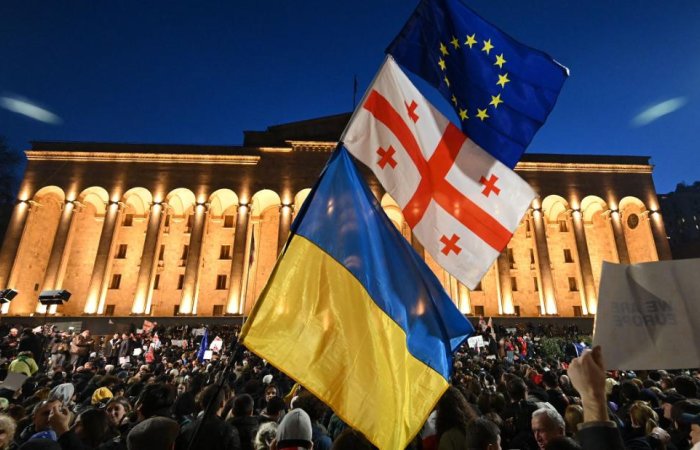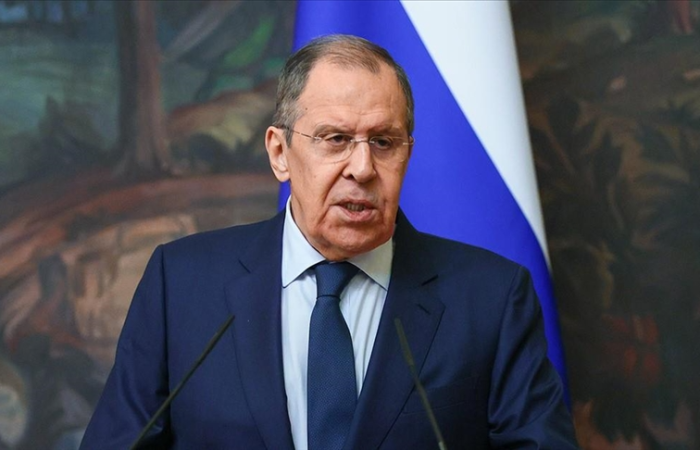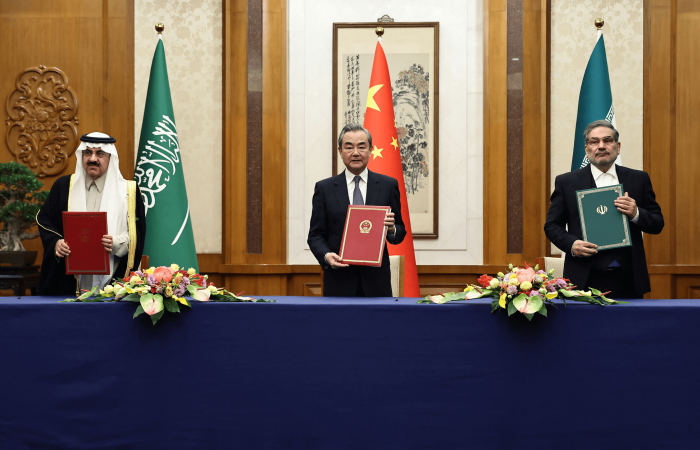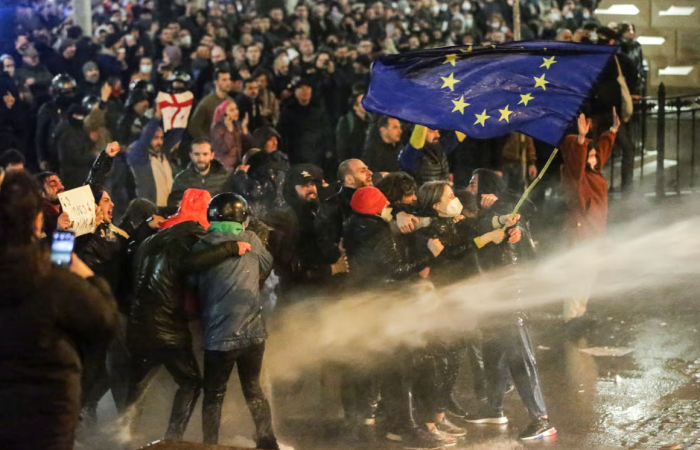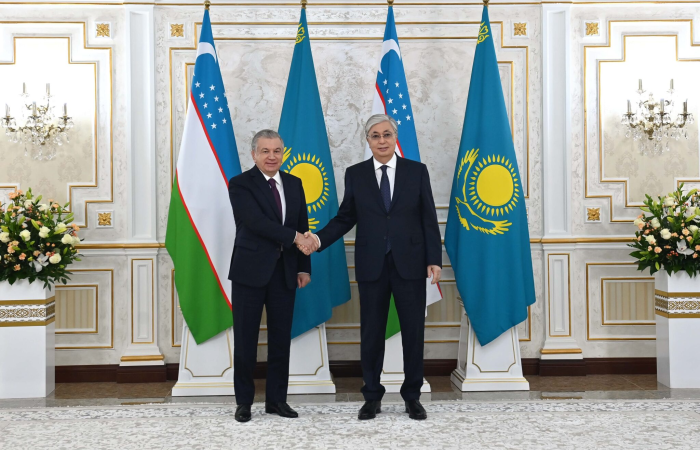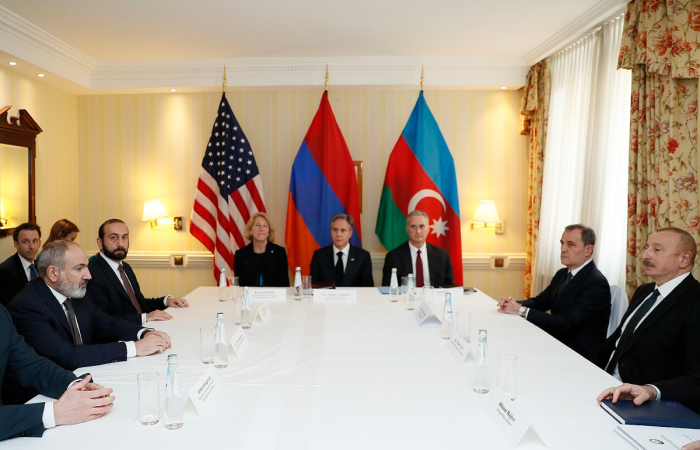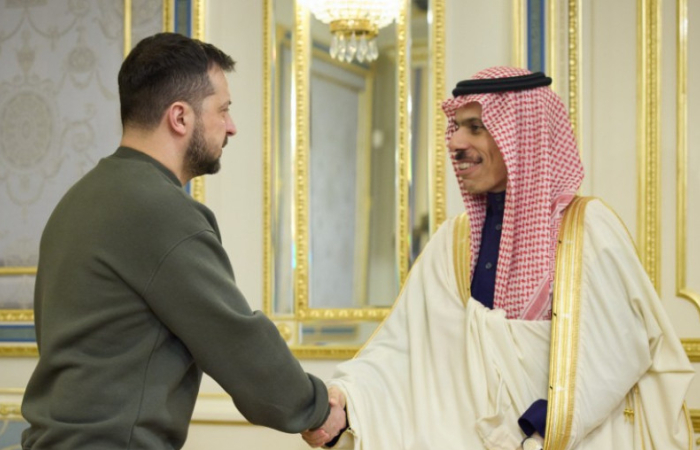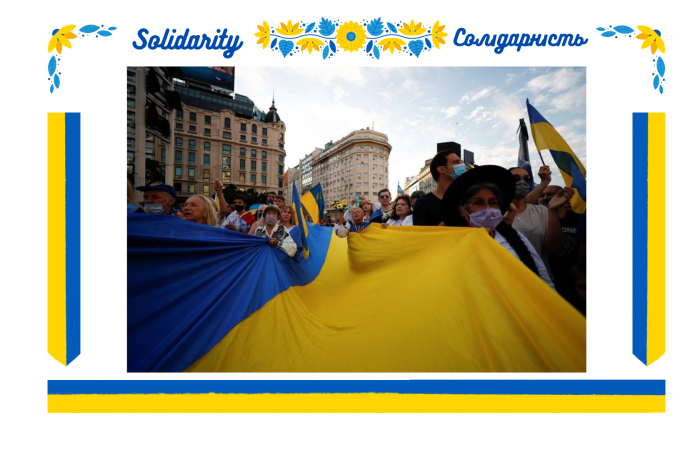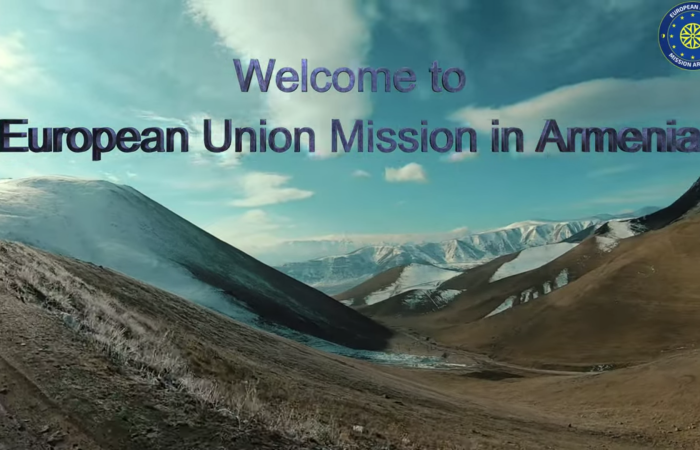Trending
Editorial: the parallel struggles in Georgian politics
23 March 2023
At the moment in Georgia, "on the one hand there is the struggle for power between elements of the government and elements of the opposition. There have been plenty of examples in the past of these elements being willing to sacrifice anything to hold on to this power," writes commonspace.eu in this editorial. "There is also however a parallel struggle, that is based on values and foreign policy orientation [...] The prospect is now emerging that the next political struggle will be about values. The quicker Georgian politicians understand this, the better. And for their own sake, as well as that of their country, they should make sure they position themselves on the right side of history."



